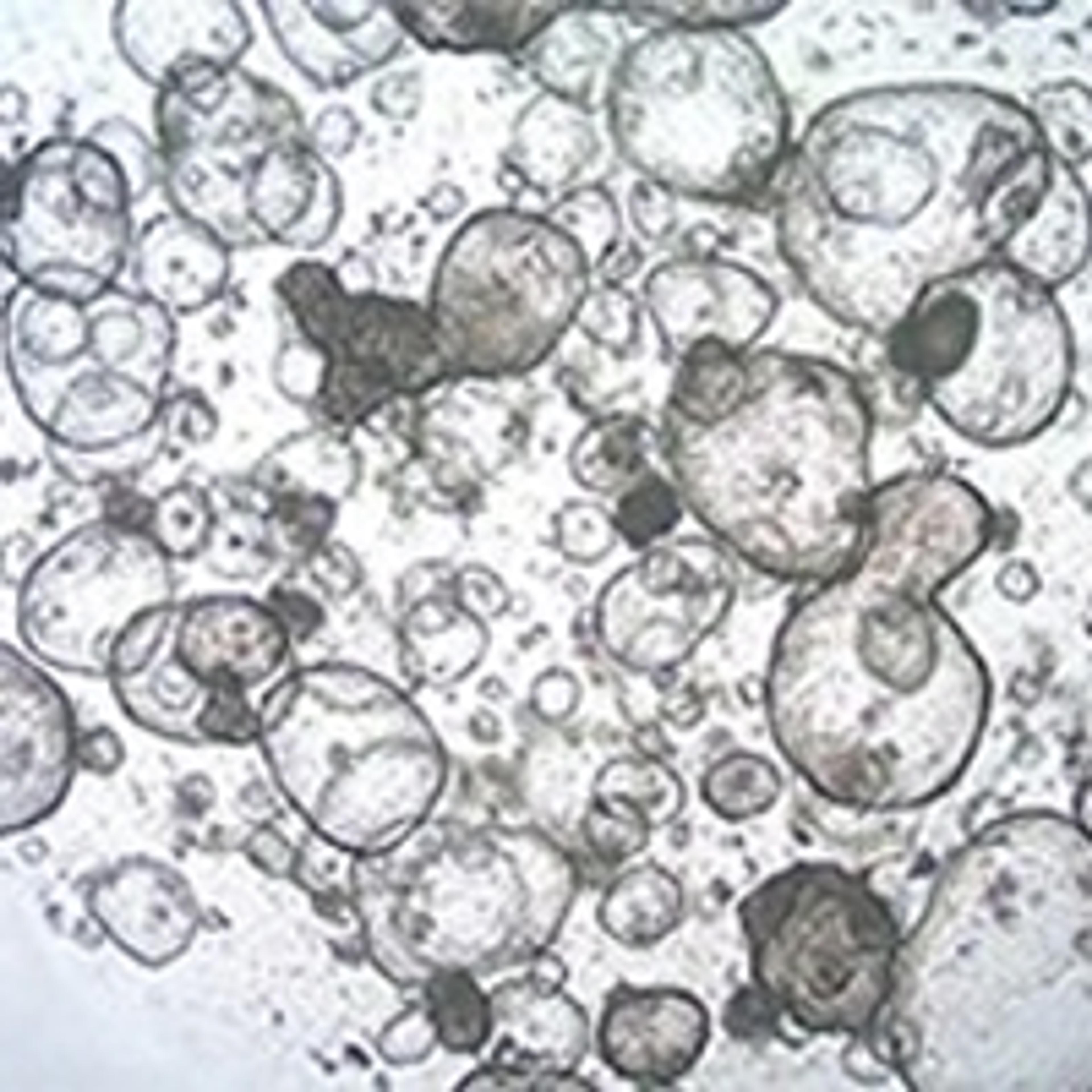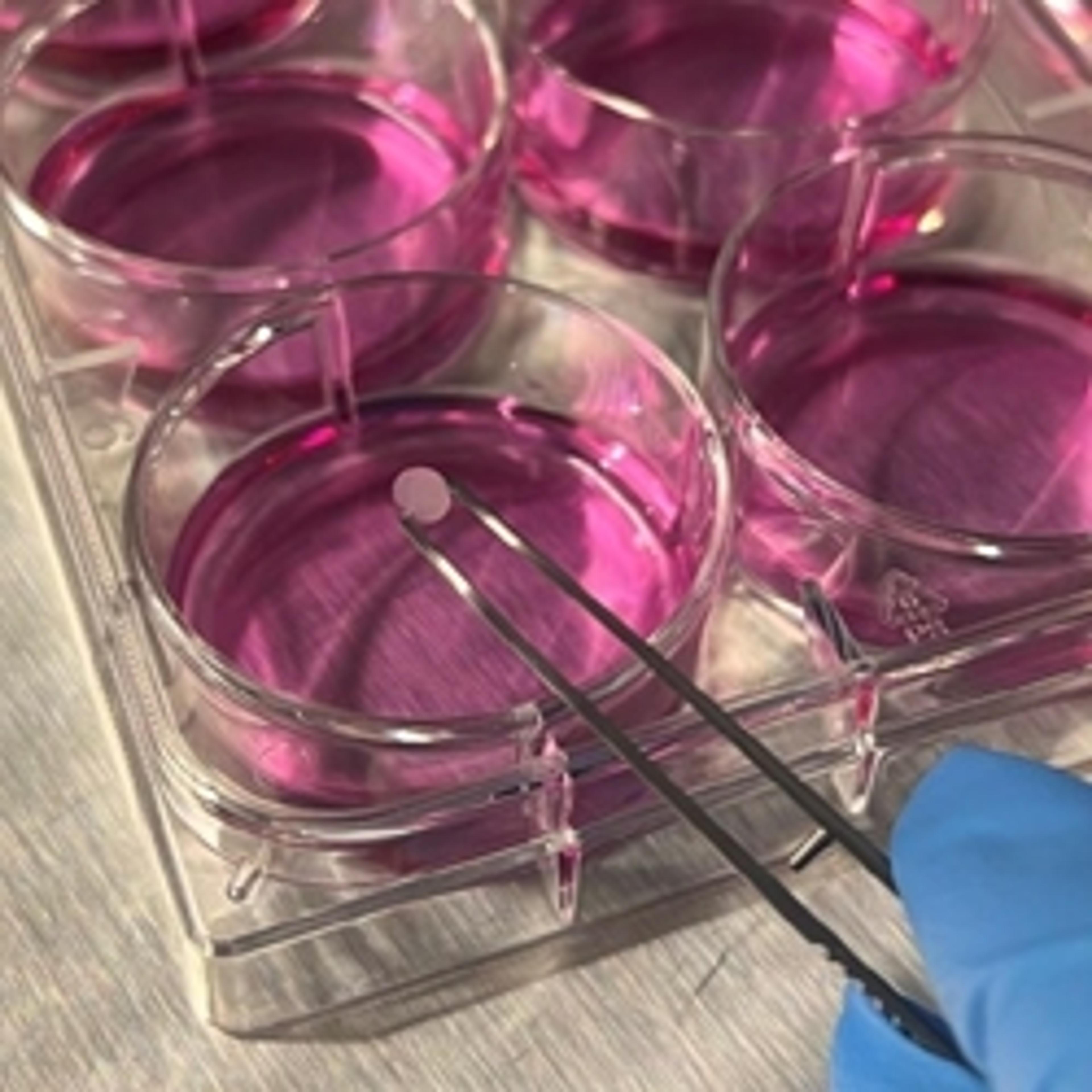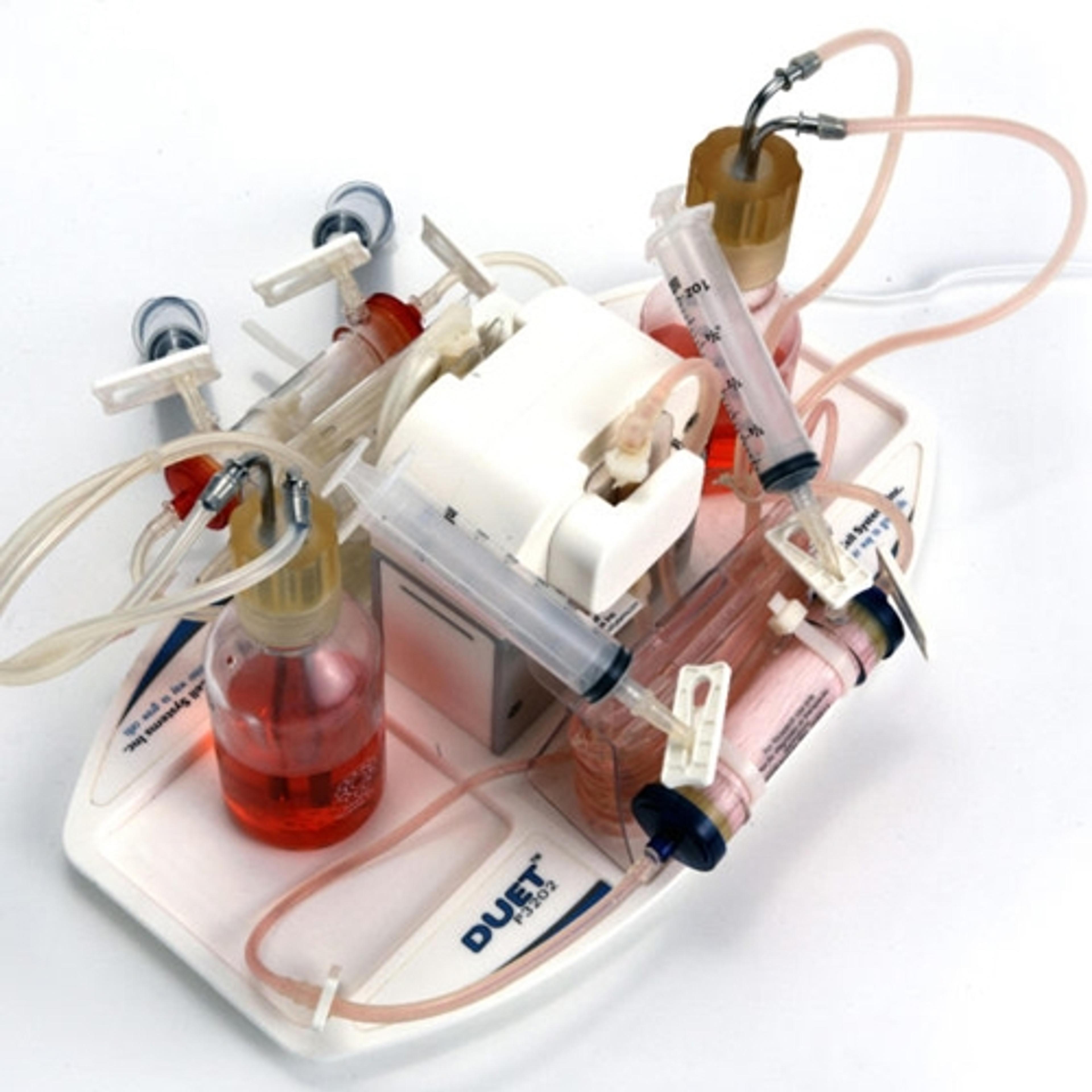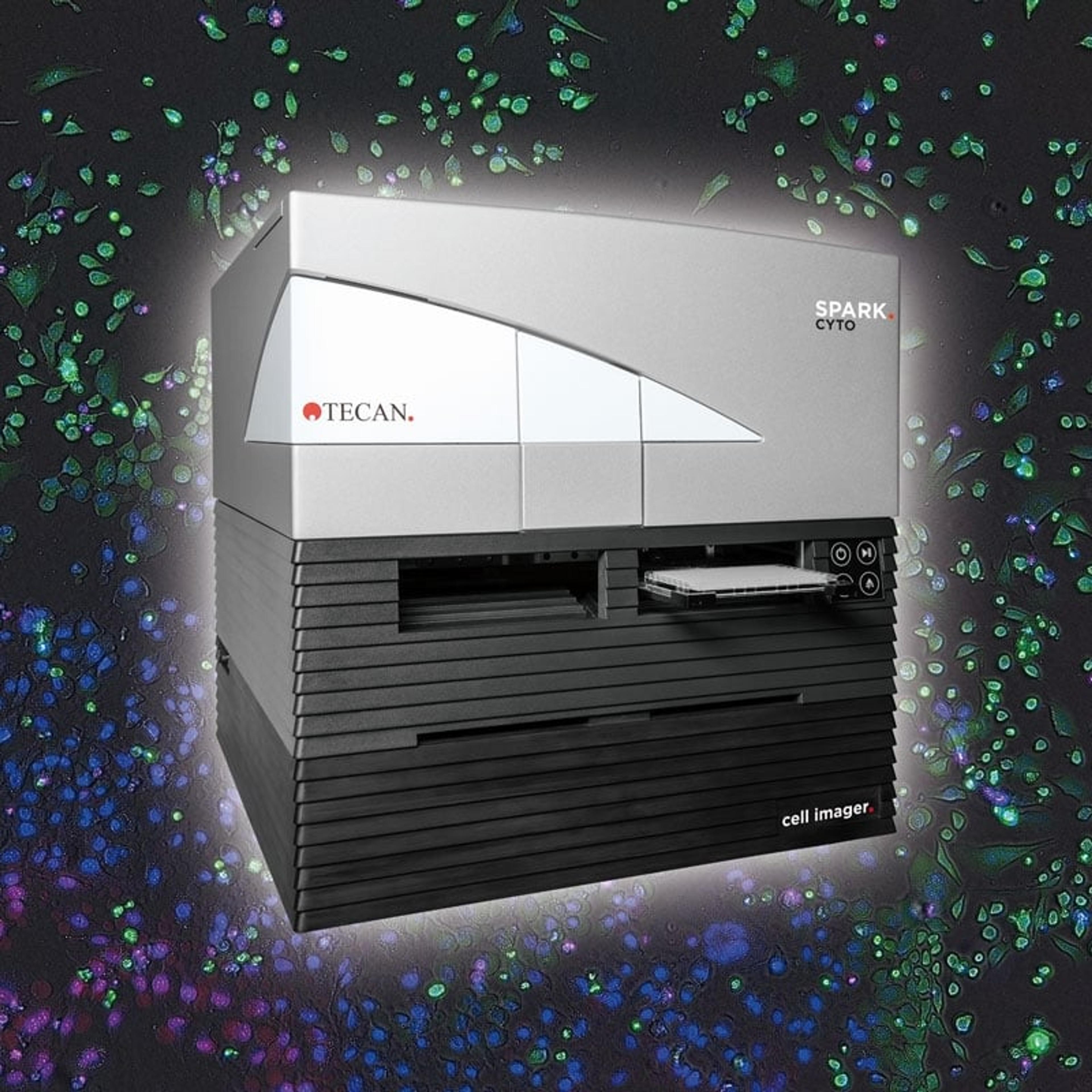3D Cell Culture: Tumor-specific cancer treatments, organoid quality, drug screening and more
Keep up to date with the latest research and discover the tools and techniques advancing 3D cell culture and its applications
21 Mar 2022

As part of our latest special feature, we’ve pulled together a selection of top new resources to support and advance your research using 3D cell culture. Discover how patient-derived organoids are unlocking tumor-specific cancer treatments, find out how a 3D hollow fiber bioreactor was used to generate mesenchymal stromal cell (MSC) precursors, learn why sustained-release growth factor delivery is crucial to organoid quality, and much more.

PRECISION ONCOLOGY: Patient-derived organoids unlock tumor-specific cancer treatments
Dr. Benjamin Hopkins shares his work combining transcriptomics with 3D cell culture to identify tumor-specific drug sensitivities, and how growth reagents from Corning Life Sciences ensure consistent and reproducible culture conditions.
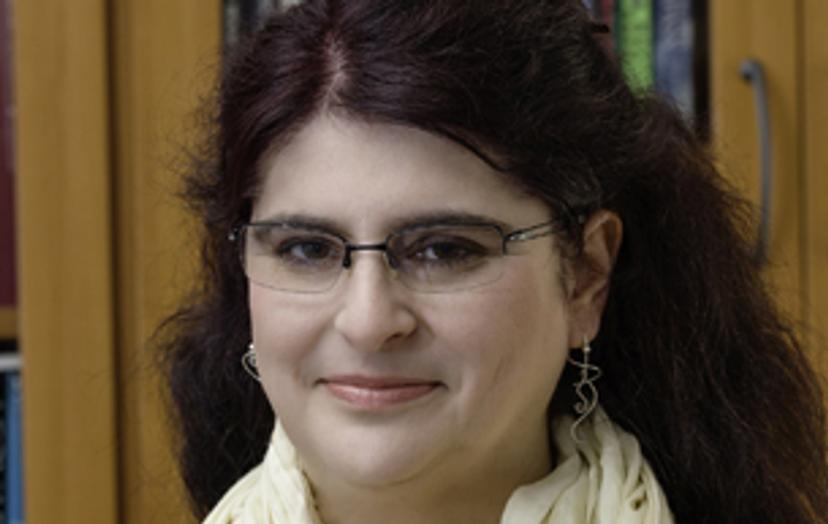
DRUG TESTING:Advantages of tumor-specific 3D models
Dr. Julia Kirshner reveals why modeling the TME and tissue-relevant ECM is crucial to obtaining accurate drug response data, and shares how multiplex protocols, and state-of-the-art cell plate readers can deliver time- and cost-savings.
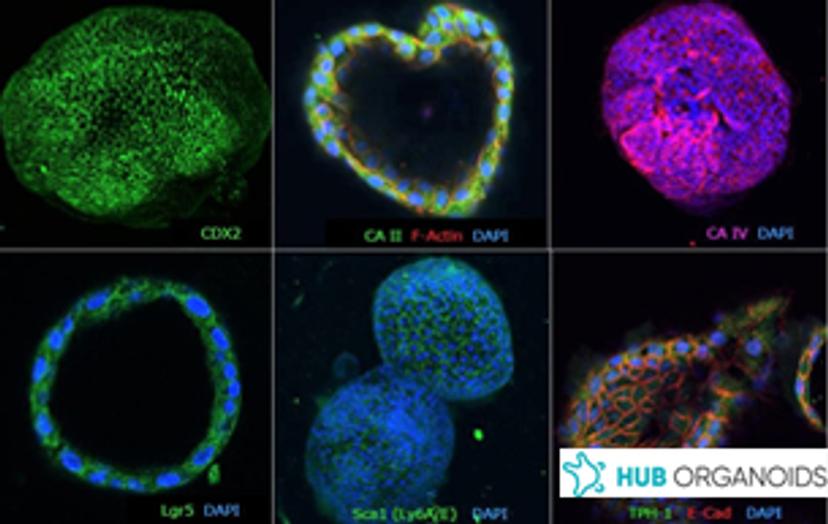
ORGANOID BIOBANK:Ready-to-use gastrointestinal PDOs
Access Merck'snew biobank of over 50 highly characterizedpatient-derived organoids generated from normal and diseased tissues from multiple regions of the digestive system.
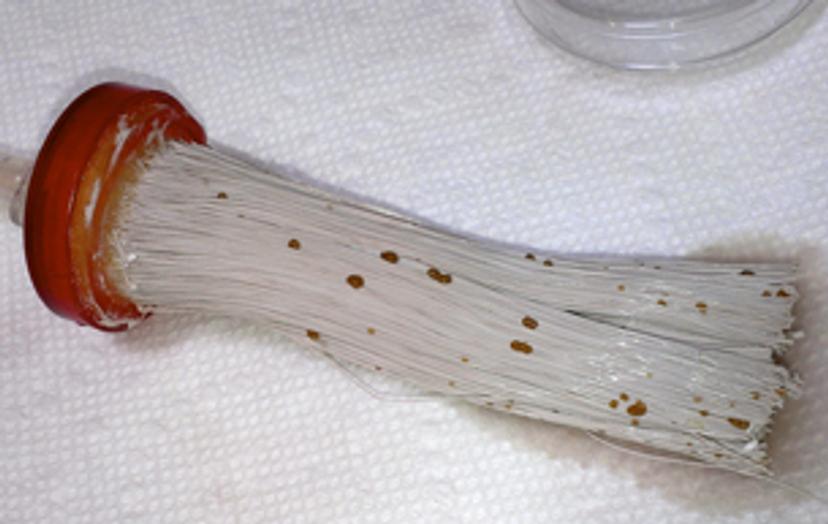
HOLLOW FIBER BIOREACTORS: Generation of mesenchymal stromal cell precursors
Learn how FiberCell Systems used a 3D hollow fiber bioreactor to generate a co-culture of placenta-derived cells that demonstrated nodule formation and production of putative MSC precursors. Plus, explore products such as the Duet Pump which provides flexible flow rate support for hollow fiber bioreactors.
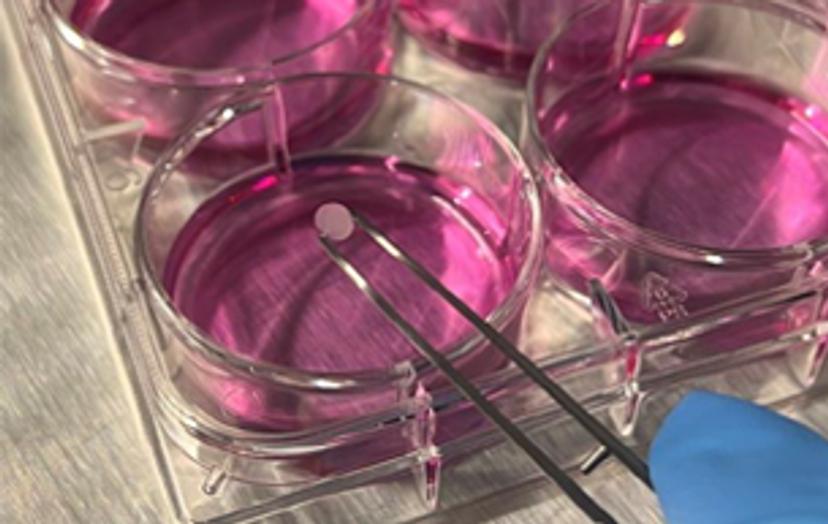
GROWTH FACTORS:Improve organoid quality with sustained-release growth factor delivery
New DISC devices from StemCultures deliver a steady concentration of growth factor over time, enhancing pluripotency, guiding differentiation, and reducing the number of feeds required for any stem cell media.
Explore our video resources:
- Detecting and isolating rare bone marrow stem cells
Jennifer O’Sullivan discusses her work studying the changes in rare bone marrow stem cells that lead to blood cancers
Watch video >> - Quantitative segmentation of single cells in retina sections
Find out how scientists segmented single cells using retina sections with the THUNDER Imager 3D Tissue
Watch video >> - Why do neurons have primary cilia?
Explore an introduction to cilia, and the role of cilia in neurogenesis and neurons
Watch presentation >> - Modeling neurodevelopment using hiPSC-derived neurons
This webinar investigates the impact of maternal immune activation on neurodevelopment using human stem cell models
Register now >>
Latest news and other top resources:
- How to buy cell counting technology
Explore a compendium of useful resources, expert insight, and case studies to help select the best cell counting technology system for your applications
Download eBook >> - Autism risk genes, same effects on brain development
Learn how researchers are using 3D miniature models of the human brain to advance disease understanding
Read news >> - An easier way to grow model organs
Discover how researchers successfully generated organoids in suspension, offering a new opportunity for investigators
Read news >> - High-throughput screening of 3D cell cultures
Learn how to grow, stain, and image large numbers of spheroids or organoids simultaneously
Download method >>
Your recommendations
Take a look at what other researchers and scientists all over the world are saying about the latest equipment and technologies in 3D cell culture. Kash Moshksayan, from the University of Texas, shared his opinion on theCorning® Matrigel® Growth Factor Reduced (GFR) Basement Membrane Matrix by Corning Life Sciences.


